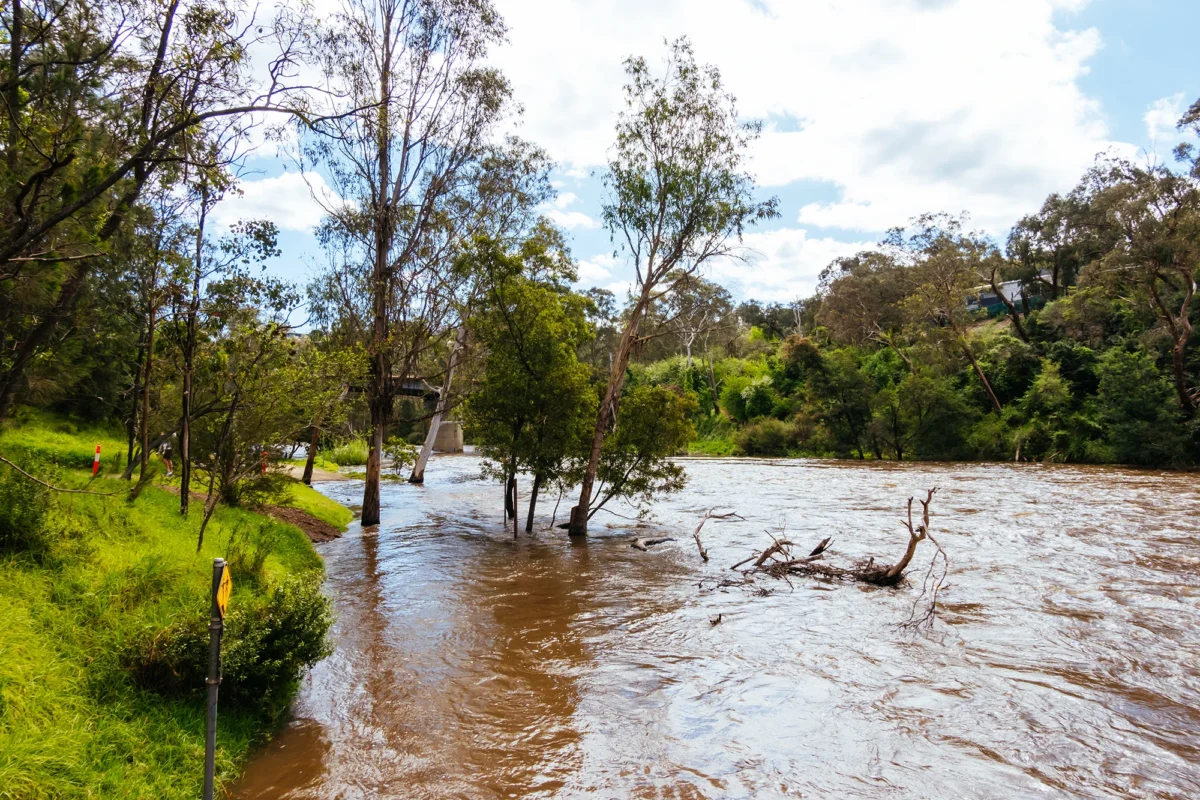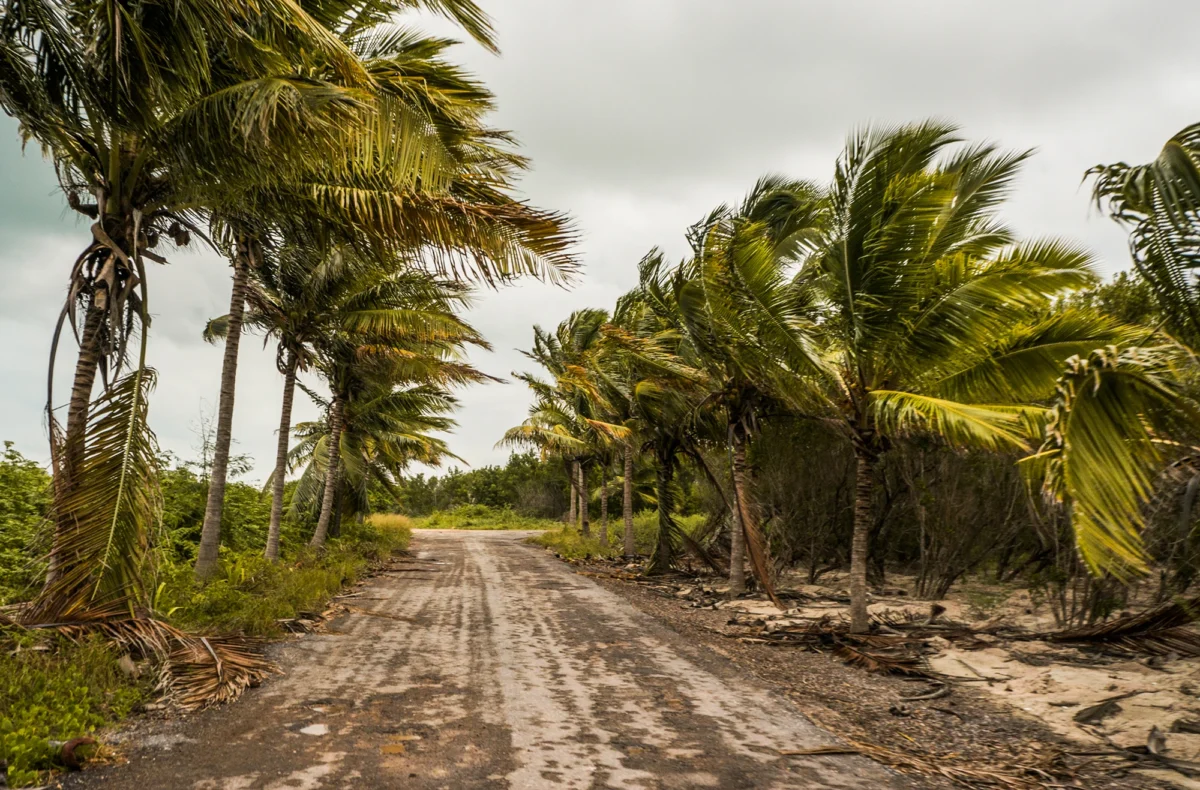
Queensland’s production nurseries play a critical role in supplying plants for landscaping, agriculture, forestry, and urban greening. However, the state’s tropical and subtropical climate exposes nurseries to extreme weather events, making resilience a top priority.
Queensland experiences some of Australia’s most severe climate conditions. Cyclones and strong storms in coastal and northern regions cause damage to nursery infrastructure and plants. Sudden hail events damage young plants, greenhouses, and irrigation systems. And at the other extreme, drought and heat waves reduce water availability, increase evaporation, and stress plants.
Without proper resilience measures, extreme weather can wipe out nursery stock, damage facilities, and disrupt supply chains.The Queensland nursery industry is worth over $1 billion annually, supplying plants to local councils, landscapers, farmers and retailers across Australia, so severe weather can lead to huge financial losses nationwide.
Of course, behind most production nurseries is a family business. So weather disruptions can take a human toll too. The financial and emotional stress of extreme weather events on farmers, their families and their employees, is a major reason why many small and medium nurseries are choosing to walk away from the industry.

Industry and governments need to work together, and invest together, to ensure Queensland has a sustainable horticulture and greenlife production industry. Nurseries and governments both have to contribute to make the industry and the businesses within it more sustainable and profitable over time.
We support an extension to the Farm Business Resilience Program, which provides nursery growers with government-funded expert advice to improve their drought resilience and overall business resilience.
We support a review into the insurance industry to determine what role the Federal Government can play (if any) to bring business insurance premiums to an affordable level, especially in the north of the state. This could include the government providing reinsurance guarantees for targeted industries and regions.
We call on both the Queensland and the Australian Government to factor a “build back better” element into disaster recovery assistance programs. Currently, disaster recovery grants can only be used to fund “like for like” infrastructure. Governments would save billions by offering growers a 20% “top up” on existing grants to enable greenlife businesses to invest in more resilient infrastructure (e.g. cyclone-rated sheds, bitumen sealed roads, reinforced water catchments, etc).
We support the Queensland Government’s current review of the state’s water plans. We believe the greenlife industry should be prioritised for water allocation given production nurseries’ ability to converse and recycle water on-farm.
We call on the Queensland Government to extend the Horticultural Irrigation Pricing Rebate scheme for Sunwater and SEQwater clients, which provided an effective 50 per cent discount on water charges for horticultural growers.
We support grants or tax incentives to greenlife producers to implement recycled water systems, drip irrigation and moisture sensors and rainwater harvesting infrastructure.
We support research on controlled-environment nurseries which use automated climate control to protect plants from heat waves and extreme cold.
We call on the Department of Primary Industries to extend the Drought Preparedness Grant Program, as an accessible way for greenlife growers to make capital investments which improve long-term sustainability such as wind-resistant and hail-proof enclosures, drainage systems, windbreaks and protective netting.